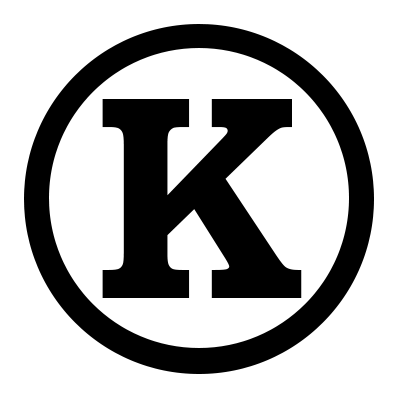 URL unfurling is one of the names given to that funky thing that happens when you paste a web address into a post in Facebook (or other social network) and automatically get a preview of it – an image, the title and maybe some extract text.
URL unfurling is one of the names given to that funky thing that happens when you paste a web address into a post in Facebook (or other social network) and automatically get a preview of it – an image, the title and maybe some extract text.
This was a much requested technology that was sadly missing from Known for a long time, but for no longer!
In the latest builds you will automatically get URL unfurling occurring in status posts and likes/bookmarks. What’s more, you’ll get a URL preview when you’re editing your post.
Behind the scenes this tool makes use of a number of technologies, notably:
The Unfurling endpoint
This is an endpoint which is called by a client side javascript library.
When passed a URL, this endpoint will attempt to fetch and parse out header tags – title, open graph, facebook and twitter tags. It’ll also attempt to extract certain whitelisted OEmbed endpoints (currently only JSON endpoints are supported).
It will then render out in a pretty way – using oembed as preference, but if that’s not present (or not whitelisted) it’ll use Open Graph, and finally page title and description meta tags if nothing else is found.
Image proxy
If there is an image present in the open graph headers, this will be retrieved by a local caching image proxy. This proxy fetches and saves the image locally so that the remote site doesn’t get hit every time you refresh your page (this also helps protect your privacy).
Enjoy!
![]() A few months ago I wrote a bit about extending your Known plugins to support console functionality. I’ve recently pushed a patch which will make this functionality even more useful.
A few months ago I wrote a bit about extending your Known plugins to support console functionality. I’ve recently pushed a patch which will make this functionality even more useful.
